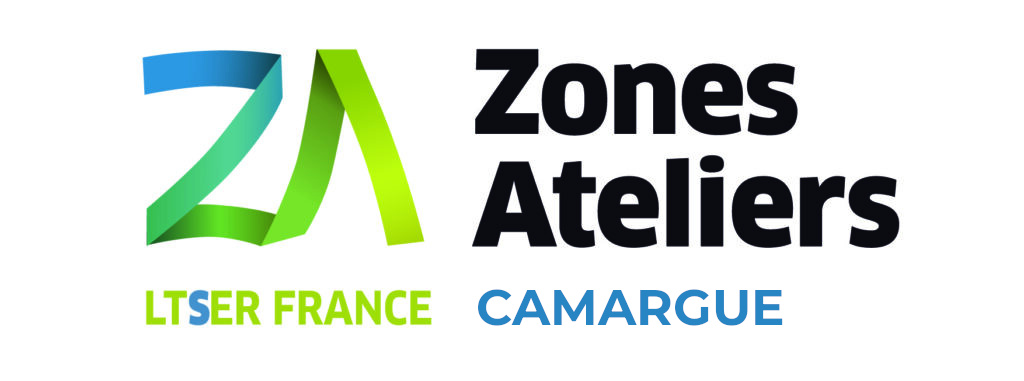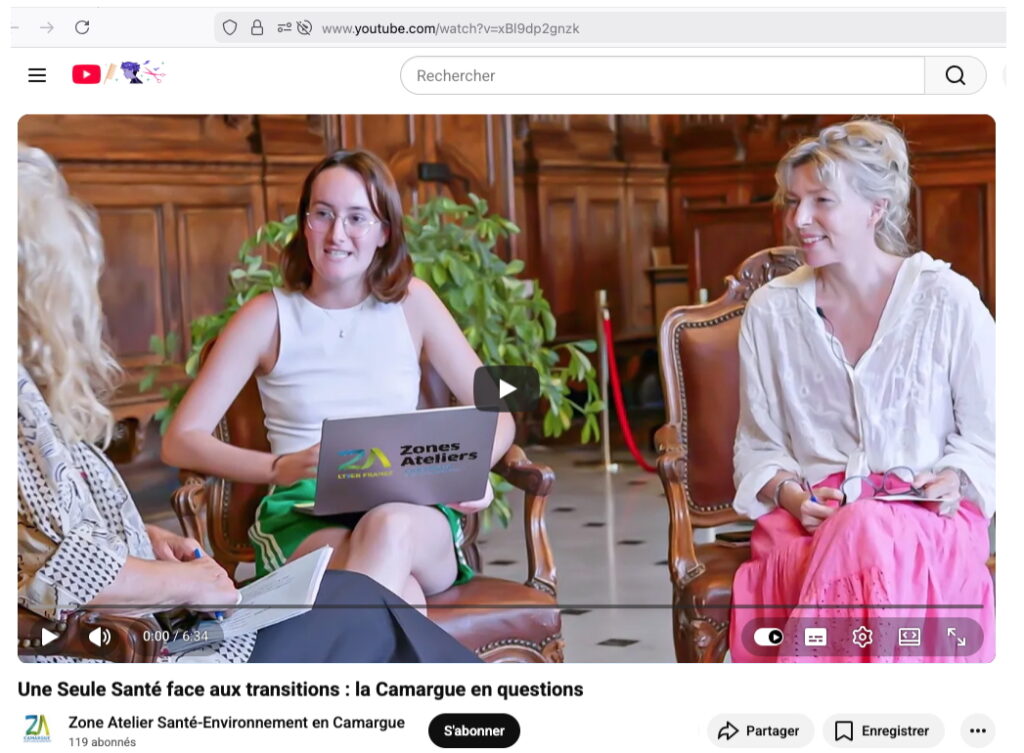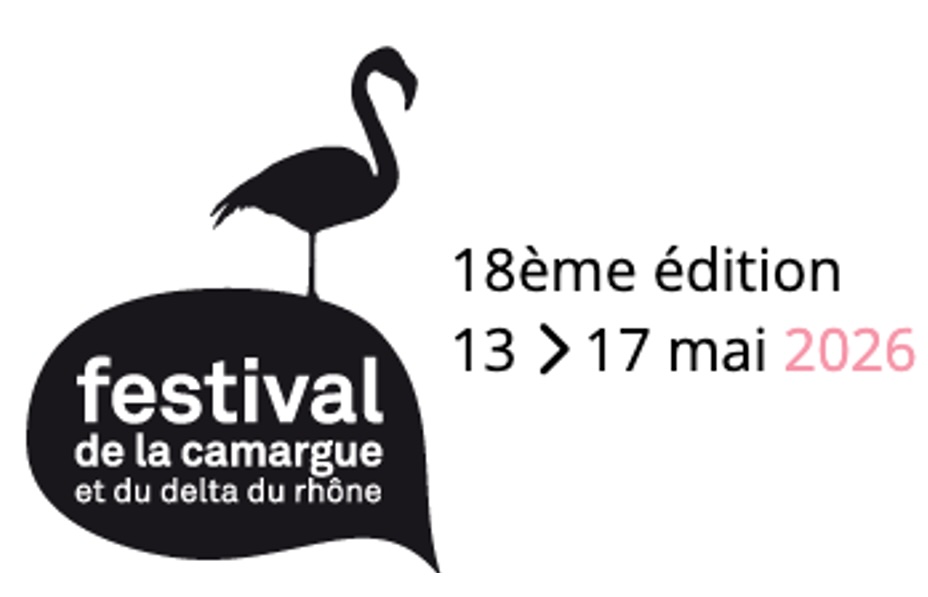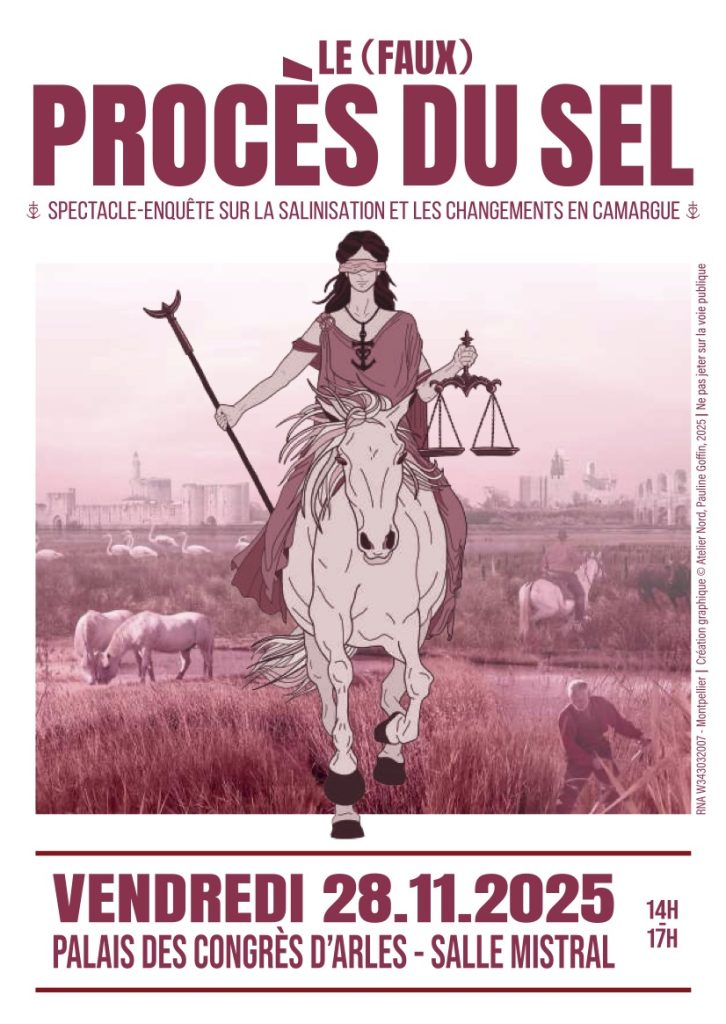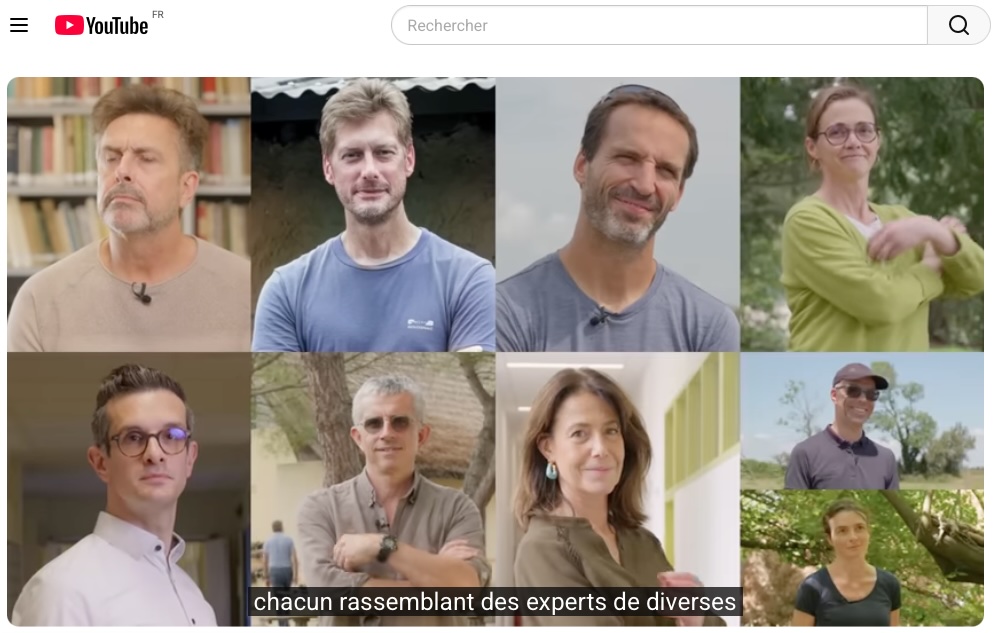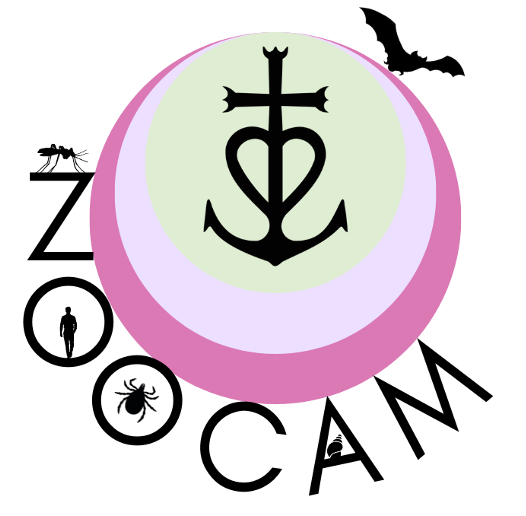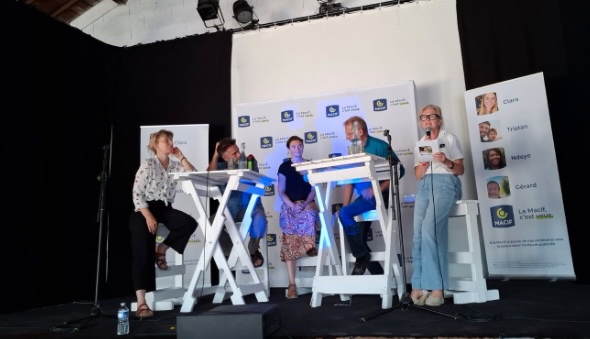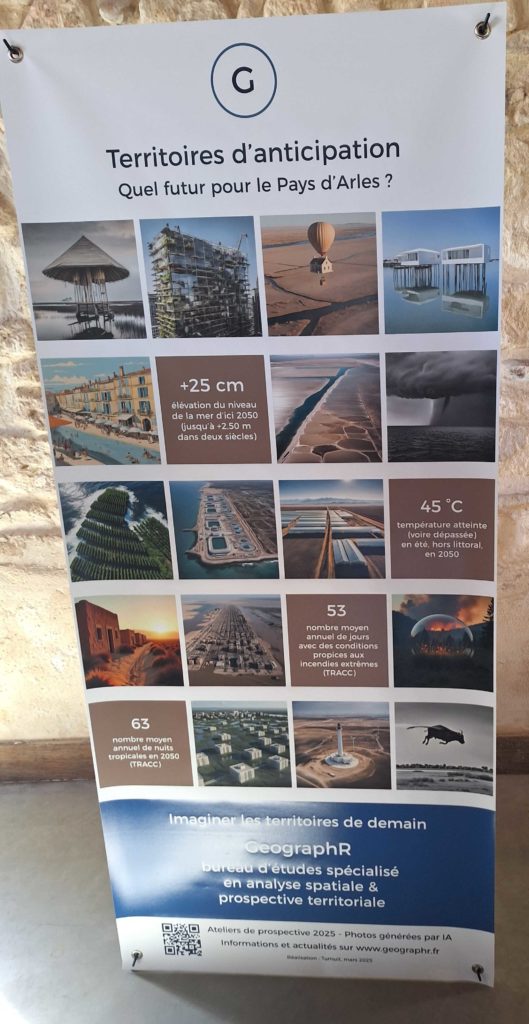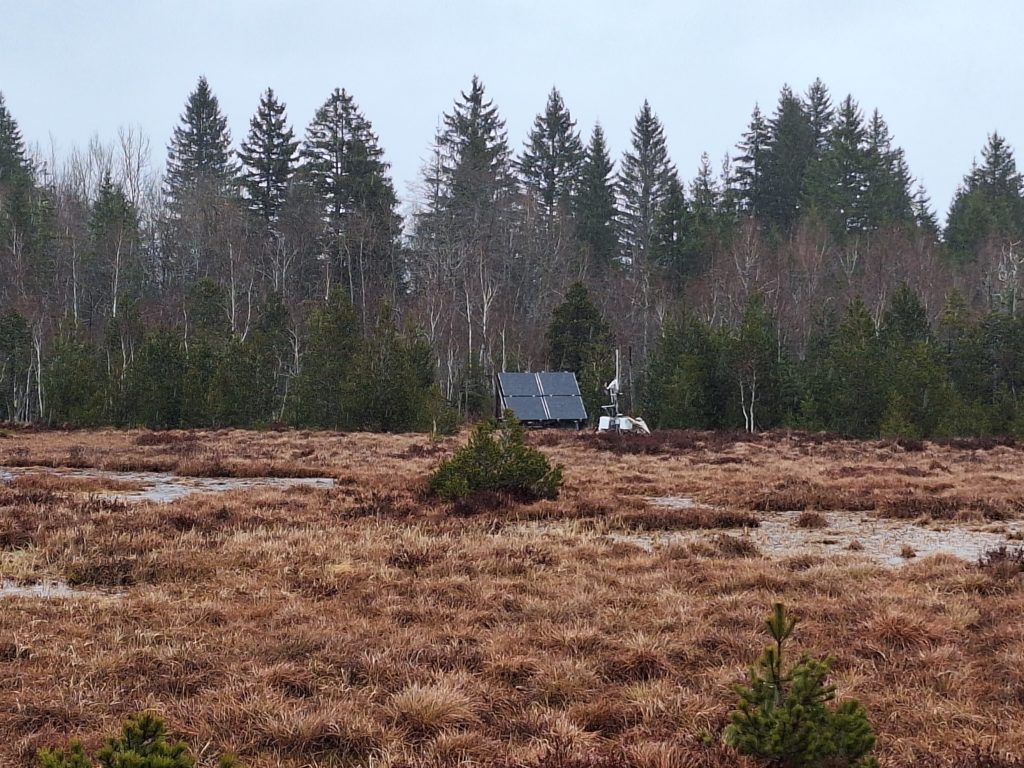We are delighted to announce that the INSTEAD project, which was presented to you at our Annual General Meeting on 15 November, has been selected as part of Wave 3 of the 2024 calls for projects.
Le INSTEAD projectcoordinated by Gaelle Gonzalesvirologist (ANSES) focuses on West Nile (WNV) and Usutu (USUV) arboviruses, transmitted by mosquitoes and maintained in birds, which are becoming endemic in Europe, posing a growing threat in France. The INSTEAD project aims to strengthen surveillance and early detection of these viruses through an integrated "One Health" approach, bringing together 17 laboratories and various local and national players. It is developing innovative detection tools and co-constructing a cross-sector monitoring system to improve preparedness for these emerging risks.
Well done to Gaëlle and the whole team, who will soon be joining the PREZODE and ZACAM family for future collaborations and exchanges!
Above, presentation of the INSTEAD pa projectr Sandra Martin-Latil (ANSES) at the ZACAM AGM on 25/11/2024 - Photograph ©Jean-Luc Moya - 2 Degrés conseil)
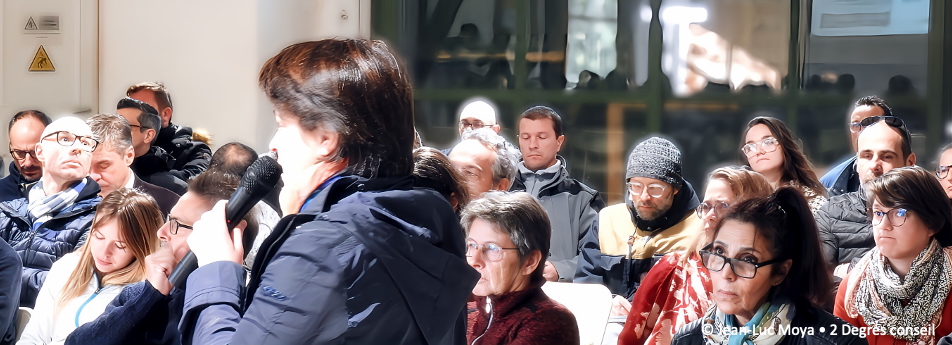
As part of the PEPR PREZODE (Preventing Zoonotic Diseases Emergence) programme, five new projects have just been selected to improve the detection of infectious diseases of animal origin and strengthen warning systems in France and internationally, including INSTEAD
